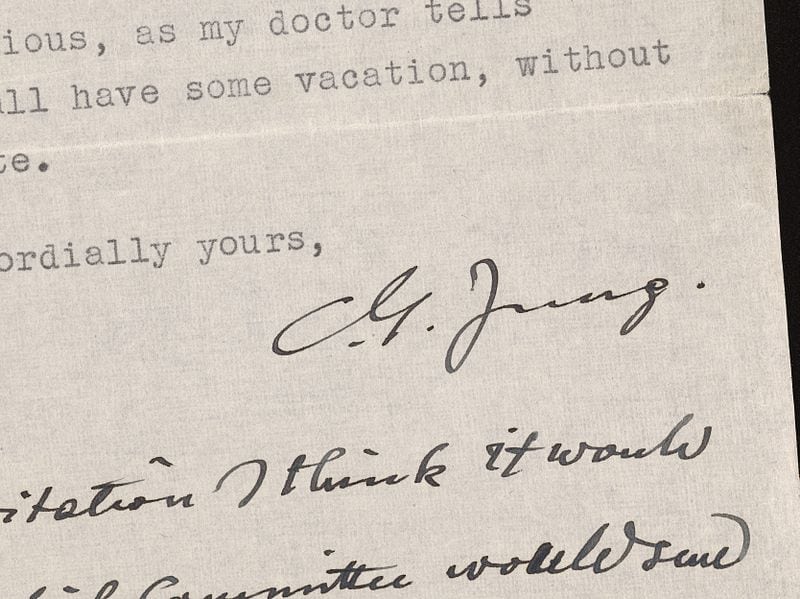Just some interesting notes on the origin of this pervasive personality test. Not many people are aware of Carl Jung's influence.

 www.myersbriggs.org
www.myersbriggs.org
Home > My MBTI® Personality Type > MBTI® Basics
The purpose of the Myers-Briggs Type Indicator® (MBTI®) personality inventory is to make the theory of psychological types described by C. G. Jung understandable and useful in people's lives. The essence of the theory is that much seemingly random variation in the behavior is actually quite orderly and consistent, being due to basic differences in the ways individuals prefer to use their perception and judgment.
"Perception involves all the ways of becoming aware of things, people, happenings, or ideas. Judgment involves all the ways of coming to conclusions about what has been perceived. If people differ systematically in what they perceive and in how they reach conclusions, then it is only reasonable for them to differ correspondingly in their interests, reactions, values, motivations, and skills."
In developing the Myers-Briggs Type Indicator [instrument], the aim of Isabel Briggs Myers, and her mother, Katharine Briggs, was to make the insights of type theory accessible to individuals and groups. They addressed the two related goals in the developments and application of the MBTI instrument:
The identification of basic preferences of each of the four dichotomies specified or implicit in Jung's theory.
The identification and description of the 16 distinctive personality types that result from the interactions among the preferences."
Excerpted with permission from the MBTI® Manual: A Guide to the Development and Use of the Myers-Briggs Type Indicator®

Myers-Briggs<sup>®</sup> Overview
MBTI, Myers Briggs, Myers-Briggs Type Indicator, 16 personality types, mbti types, preference pairs, perception and judgment, mental processes, extraversion, extravert, introversion, introvert, psychological type, Jung, MBTI framework, mbti system, innate learned preferences
Home > My MBTI® Personality Type > MBTI® Basics
The purpose of the Myers-Briggs Type Indicator® (MBTI®) personality inventory is to make the theory of psychological types described by C. G. Jung understandable and useful in people's lives. The essence of the theory is that much seemingly random variation in the behavior is actually quite orderly and consistent, being due to basic differences in the ways individuals prefer to use their perception and judgment.
"Perception involves all the ways of becoming aware of things, people, happenings, or ideas. Judgment involves all the ways of coming to conclusions about what has been perceived. If people differ systematically in what they perceive and in how they reach conclusions, then it is only reasonable for them to differ correspondingly in their interests, reactions, values, motivations, and skills."
In developing the Myers-Briggs Type Indicator [instrument], the aim of Isabel Briggs Myers, and her mother, Katharine Briggs, was to make the insights of type theory accessible to individuals and groups. They addressed the two related goals in the developments and application of the MBTI instrument:
The identification of basic preferences of each of the four dichotomies specified or implicit in Jung's theory.
The identification and description of the 16 distinctive personality types that result from the interactions among the preferences."
Excerpted with permission from the MBTI® Manual: A Guide to the Development and Use of the Myers-Briggs Type Indicator®









